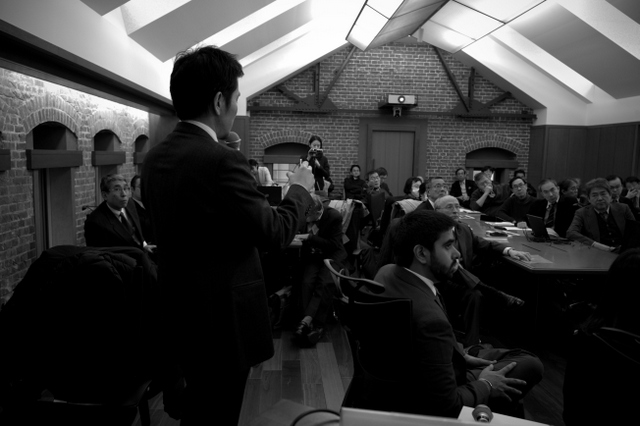The 4th Biomedical Innovation Workshop 2012 Report
Dec. 14, 2012
日本語ページへ
The 4th Biomedical Innovation Workshop 2012 Program
Biomedical Innovation Workshop 2012
Healthcare and Innovation
- Toward Realization of Innovation in Clinical Practice -
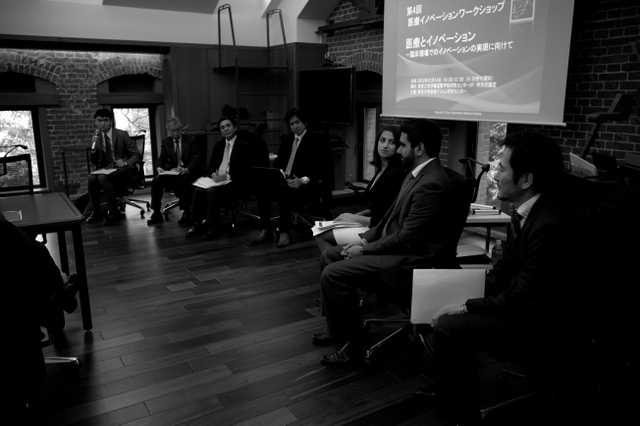
photos: Ryoma. K
This workshop was the second of two workshops focusing on incentives for the promotion of biomedical innovation. While our last workshop considered manufacturers of pharmaceuticals, medical devices and other medical products, this workshop dealt mainly with physicians and hospitals, and in it we set out to clarify differences between manufacturers and clinical practitioners when it comes to such incentives for innovation.

Opening Remarks
Panelists
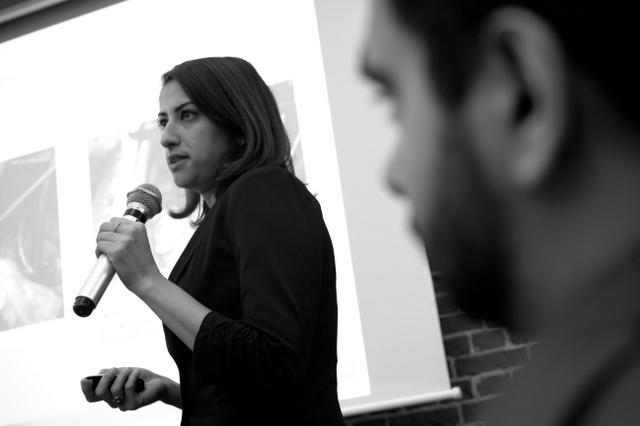
Fatima Karaki
M.D., Resident (PGY-3), Washington University School of Medicine/Barnes Jewish Hospital
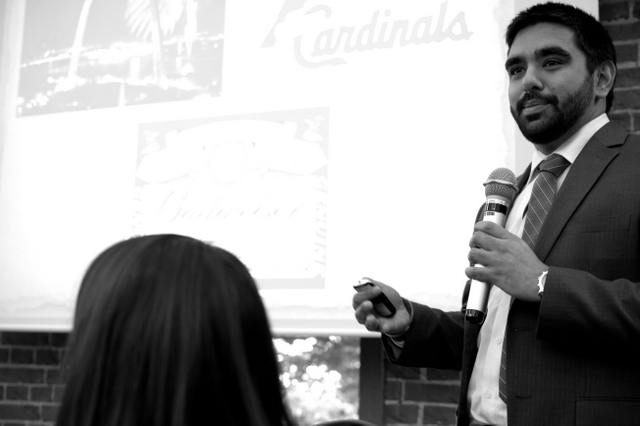
Rohan Ahluwalia
M.D., Resident (PGY-3), Washington University School of Medicine/Barnes Jewish Hospital

Ryotaro Kato, M.D., J.D.
Instructor, Washington University School of Medicine,/VA St. Louis Health Care System

Satoshi Gojo, M.D., Ph D.
Professor, Department of Cardiovascular Medicine, Kyoto Prefectural University of Medicine
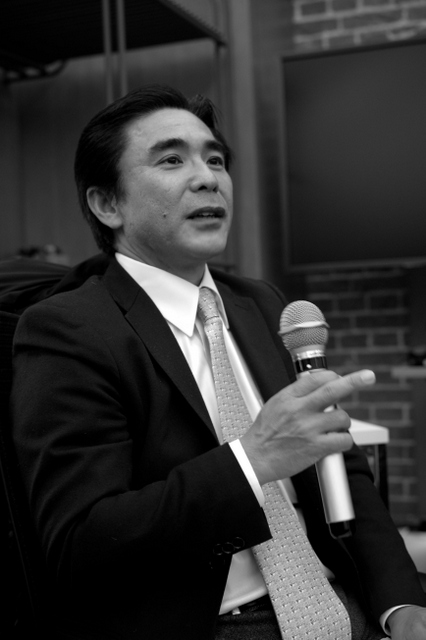
Akio Onishi
Project Professor, Graduate School of Public Policy, the University of Tokyo
Chiaki Sato (Moderator)
Project Assistant Prof, Ph D., UTokyo PolicyAlternatives Research Institute (PARI), the University of Tokyo
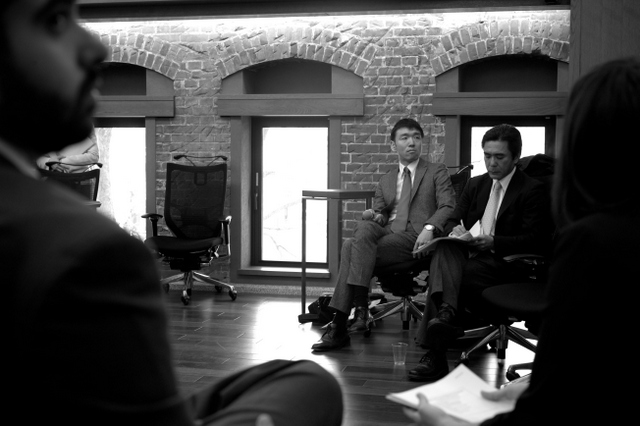
Incentives for biomedical innovation in clinical practice are inextricably linked with incentives for manufacturers. For physicians, an improved environment for patient care is always the most fundamental incentive. When it comes to biomedical innovation, this means providing greater access and support for physicians to broaden their treatment options via pharmaceuticals, medical devices, and other products. Manufacturers will see benefits as well in reforms that enhance R&D cooperation with physicians and hospitals for marketing newer, improved products. With such an environment in place, we may find solutions to unmet-medical needs to the benefit of patients and society at large.
For manufacturers and those in non-clinical practice, as we found our 3rd workshop, three incentives are important: pathways for launching new medical products and technologies, rewards for innovation, and resources.
For physicians, a supportive environment for clinical trials and research is important because it offers them more possibilities for safe and effective management of disease. Only if incentives for physicians coincide with those of manufacturers can we find paths to diagnostics and treatment most beneficial to patients.
Last but not least, the collaborative environment we have envisaged must include opportunities for either benefit or reward for those who try to realize biomedical innovation. Healthcare IT, purpose designed for meaningful use, can supply effective channels for coordinating such an environment in healthcare delivery.
